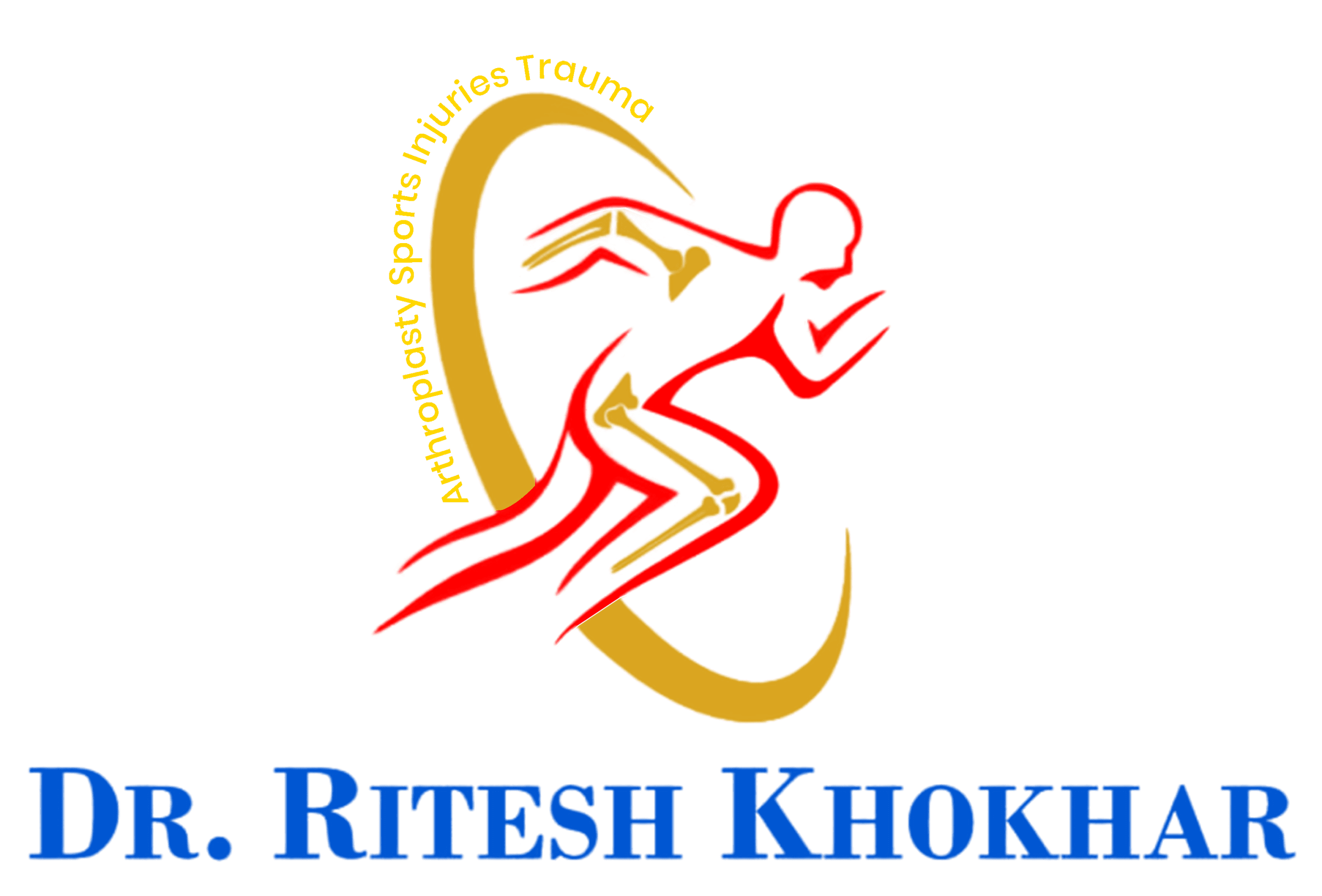
Shoulder replacement surgery, also known as shoulder arthroplasty, is a procedure designed to relieve pain and restore function in shoulders affected by severe arthritis or injury. While this surgery can greatly improve quality of life, proper rehabilitation is crucial for achieving the best outcomes. In this comprehensive guide, we’ll explore the key aspects of shoulder replacement rehab to help patients navigate their recovery journey effectively.
Understanding Shoulder Replacement
Before delving into rehabilitation strategies, it’s important to understand the basics of shoulder replacement surgery. During the procedure, the damaged parts of the shoulder joint are replaced with artificial components made of metal, plastic, or ceramic. There are different types of shoulder replacement surgeries, including total shoulder replacement, reverse shoulder replacement, and partial shoulder replacement, each tailored to the patient’s specific condition.
Post-Surgery Rehabilitation Timeline
Rehabilitation following shoulder replacement surgery typically begins immediately after the procedure and continues for several months. The timeline may vary depending on the patient’s overall health, the type of surgery performed, and other individual factors. Here’s a general overview of the rehabilitation timeline:
Key Components of Shoulder Replacement Rehab
Successful rehabilitation after shoulder replacement surgery involves a multidisciplinary approach and encompasses various strategies:
1. Physical Therapy:
Working with a skilled physical therapist is essential for guiding patients through tailored exercise programs aimed at restoring range of motion, strength, and function in the shoulder.
2. Pain Management
Effective pain management techniques, including medications, ice therapy, and modalities such as ultrasound or transcutaneous electrical nerve stimulation (TENS), help alleviate discomfort and facilitate rehabilitation progress.
3. Home Exercise Program
Consistency is key to achieving optimal outcomes. Patients are encouraged to adhere to a prescribed home exercise program consisting of stretching and strengthening exercises to supplement in-clinic therapy sessions.
4. Lifestyle Modifications
Adopting proper body mechanics and ergonomic practices can minimize stress on the shoulder joint and prevent future injuries. Patients may also benefit from weight management and smoking cessation to promote overall health and healing.
5. Patient Education
Educating patients about the surgical procedure, expected recovery timeline, and potential complications empowers them to actively participate in their rehabilitation journey and make informed decisions.
Conclusion
Shoulder replacement surgery offers hope for individuals suffering from debilitating shoulder pain and dysfunction. However, successful outcomes rely heavily on diligent rehabilitation efforts. By following a comprehensive rehabilitation program tailored to their needs and guided by experienced healthcare professionals, patients can maximize their chances of achieving optimal recovery and returning to an active, pain-free lifestyle.
At Fortis Hospital Mohali our team of orthopedic experts, including Dr. Ritesh Khokhar, is dedicated to providing personalized care and support throughout every stage of the shoulder replacement journey. For inquiries or appointments, please contact us at +91 7087274019 or visit our clinic at Fortis Hospital Mohali, Sector 62, Sahibzada Ajit Singh Nagar, Lamba, Punjab 160062. Your shoulder health is our priority, and we’re here to help you every step of the way.


Dr Ritesh Khokhar © 2025. All Rights Reserved.